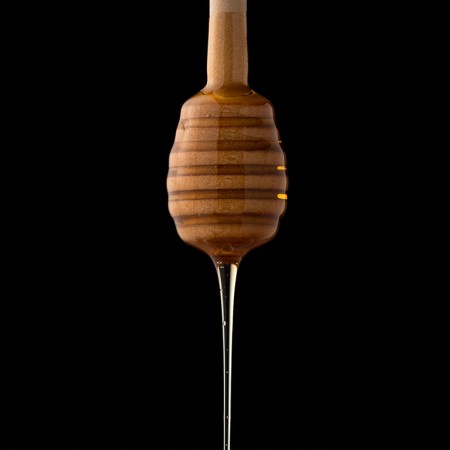In early 2024, the FDA approved continuous glucose monitoring devices for people without diabetes for the first time. It’s eminently understandable why people living with diabetes would need to keep a close eye on their blood sugar levels; as Olga Khazan reported in an article for The Atlantic, some medical professionals are more skeptical that non-diabetics need to invest in such devices.
“Waist circumference, blood pressure, LDL cholesterol, resting heart rate — they are much better measures of how healthy someone is than glucose,” the University of Oxford’s Nicola Guess told The Atlantic. Some non-diabetic users have found the devices useful, though: NPR’s Michaeleen Doucleff reported on one 76-year-old woman who used a monitor to better understand why she was feeling sluggish. The device’s findings offered some insights into how her diet was affecting her body.
That said, the woman at the center of NPR’s reporting is described as being in generally good health with an active lifestyle; at The Atlantic, Khazan observed that many of the non-diabetics who are buying continuous glucose monitors are already healthy, meaning that they aren’t the people who would benefit the most from the devices in question.
In an article for The Guardian last year, Adrienne Matei also observed that medical professionals had different opinions on glucose monitors for non-diabetics. McGill University’s Kaberi Dasgupta told The Guardian that “[c]ompanies are using this self-monitoring to help people personally arrive at the conclusion that the literature has arrived at: physical activity and eating whole foods is good for our overall health.”
Doctors Are Changing Their Advice About Blood Sugar for Older People
There’s a shift underwayIt’s also worth noting that, when reporting on the use of continuous glucose monitors for NPR, Doucleff also offered some tips for people concerned about glucose level fluctuations that don’t require any additional devices to implement. Those include making sure to balance carbohydrates with protein and being mindful of how you eat your meals: Karen Kennedy, the nutritionist behind the podcast Hack Your Blood Sugar, told NPR that she recommends eating carbs last in a given meal.
The Charge will help you move better, think clearer and stay in the game longer. Subscribe to our wellness newsletter today.



















